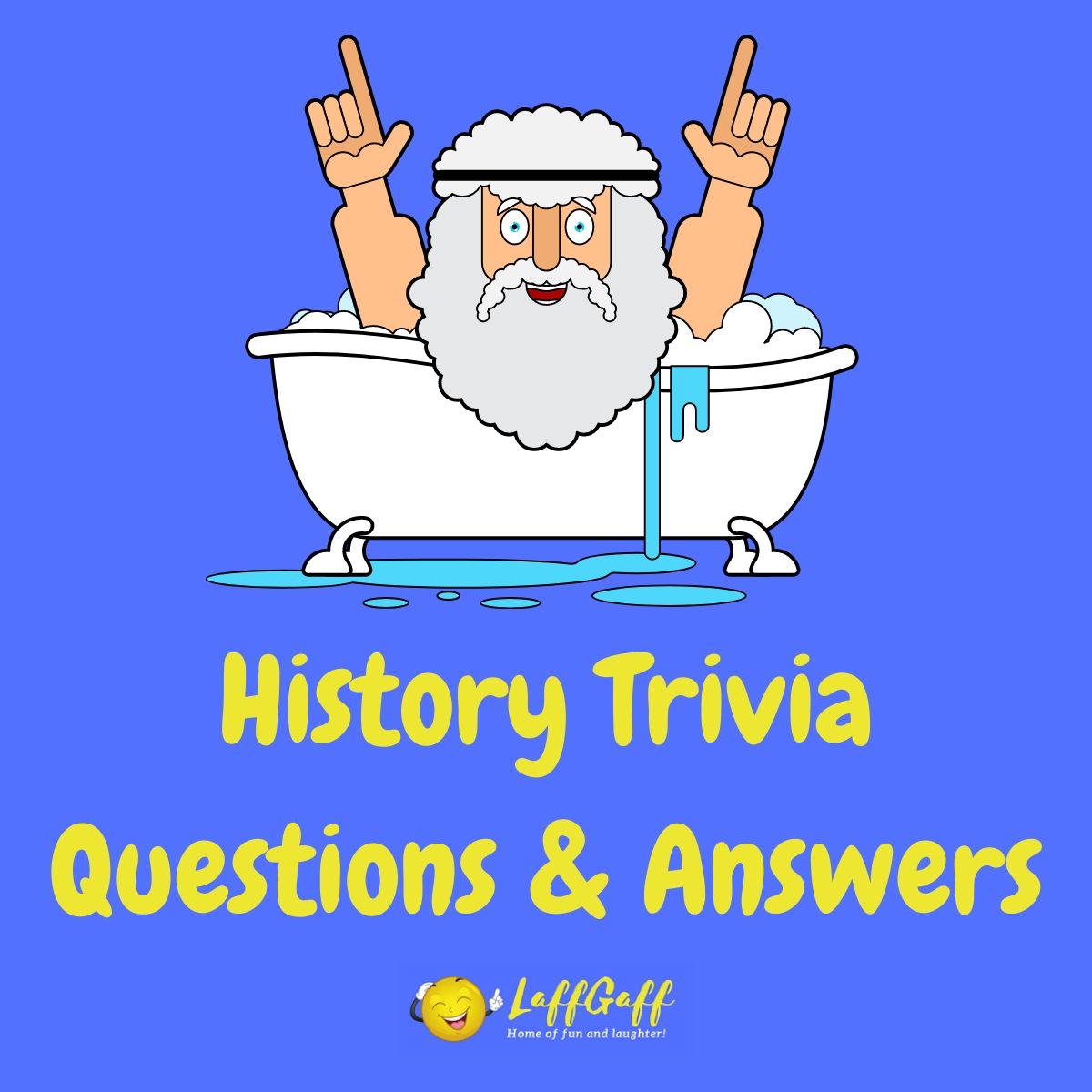Question: Who was the first Roman emperor?
Show answer
Augustus.
The title of the first Roman emperor is conventionally attributed to Gaius Octavius Thurinus, commonly known as Augustus. Born on September 23, 63 B.C., he was a member of the Julian family through his maternal line and was posthumously adopted by his great-uncle, Julius Caesar, after the latter’s assassination in 44 B.C.
After Caesar’s death, Rome plunged into a series of civil wars. Augustus, initially forming the Second Triumvirate with Mark Antony and Marcus Aemilius Lepidus, sought to avenge Caesar’s murder. This culminated in the defeat of Caesar’s assassins at the Battle of Philippi in 42 B.C. Subsequently, tensions among the Triumvirs led to another civil conflict, with the most notable confrontation being the Battle of Actium in 31 B.C., where Augustus defeated the forces of Mark Antony and Cleopatra, effectively bringing the entire Roman world under his control.
By 27 B.C., Augustus had astutely managed to concentrate power in his own hands while outwardly preserving the traditional forms of the Roman Republic. It was in this year that he officially took the title “Augustus,” meaning “the revered one,” signaling a new chapter in Roman governance. The Senate granted him extraordinary powers, making him the unrivaled leader of the Roman world. However, Augustus was careful in his presentation of authority, opting for titles such as “Princeps,” which means “first citizen,” rather than overtly monarchical designations.
Under his rule, which lasted until his death in A.D. 14, the Roman Empire witnessed an era of relative peace and prosperity known as the Pax Romana or “Roman Peace.” Augustus initiated substantial reforms in administration, taxation, and infrastructure. He bolstered the Roman military presence at the empire’s frontiers, ensuring its security, and was also a patron of the arts, sponsoring poets like Virgil and Horace.
Augustus’s reign laid the foundation for the Roman imperial system, which would persist for the next several centuries. His astute blending of military power, administrative reforms, and sophisticated propaganda secured the stability of the empire and set the stage for its golden age. Upon his death, he was deified, a testament to the profound impact he had on the trajectory of Roman history.



